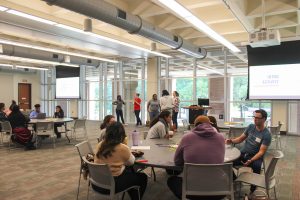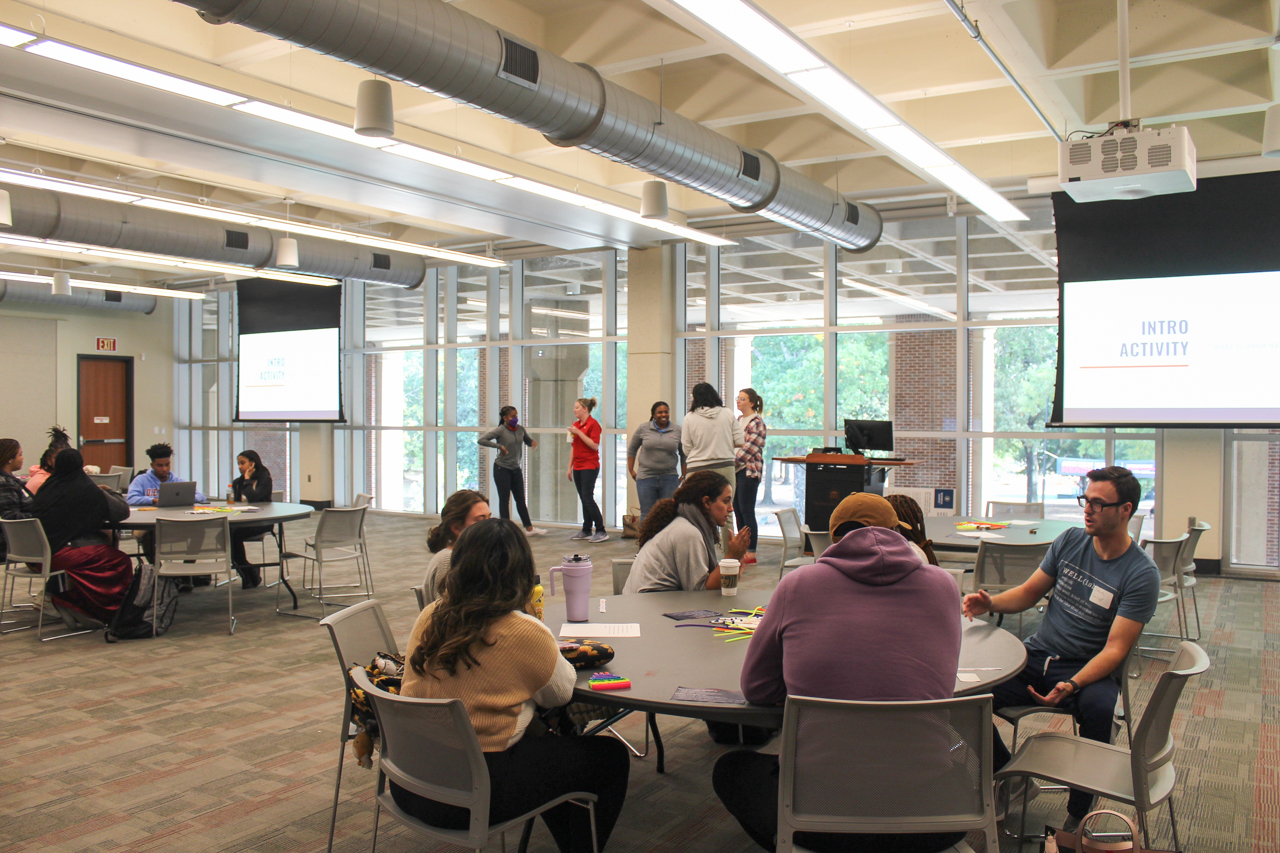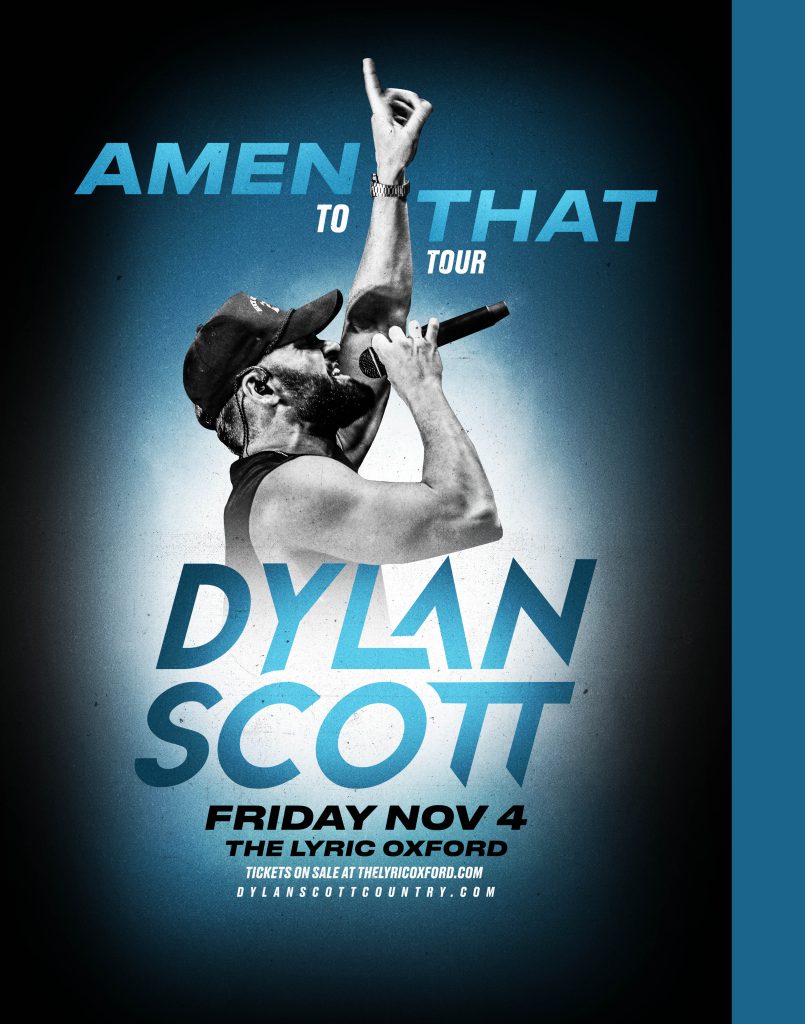
The Center for Inclusion and Cross Cultural Engagement hosted a Social Justice Leadership Summit for students on Oct. 28 and 29 to discuss the lingering social injustices in society.
In both meetings, one at the student union and the other Bryant Hall, organizers and volunteers shared their thoughts and experiences with social discrimination rooted in several demographic identities.
Sophomore Bre’Anna Coleman, a political science major, described her passion for promoting social justice and the necessity she sees to engage in such conversations.
“A lot of injustices in my family and community made me want to be an advocate,” Coleman said. “I notice so many issues that people see, and they’ll complain about it, but after a couple of weeks, you don’t hear about it anymore.”
The first event featured participants writing down their social identities on a sheet of paper. Several categories such as race, sexuality, religious status and gender were named, and their identities were discussed among peers to determine the ones they believed represented them most.
Several people viewed their race and gender as large parts of their identities. They also believed those same features contributed to the first impression people had of them. This strong identity association with race and gender present meant that several participants had stories to share of being stereotyped and wrongly judged based on their physical features alone.
First-year graduate student Jaylin Smith shared similar sentiments about being stereotyped.
“I think the culmination of all my identities makes people stereotype me at times,” Smith said. “Being a young, Black woman comes with challenges, but I take those challenges and turn them into testimonies of my greatness.”
Several Black participants talked about the systematic and social discrimination African Americans face, which leads to lingering issues in the Black community, such as imposter syndrome and the belief that one’s skin color stops them from having a successful life.
The event also facilitated discussions surrounding other identities that have an impact on social injustice. Sexuality is a prominent identity to several people, and many participants talked about other people misjudging their character based on their sexual attraction.
“I know many girls who hear that I’m bisexual take a step away from me,” Smith said. “And it’s frustrating to treat me as some sort of predator just because of my sexuality.”
Participants indicated that some people treat homosexuality like a disease and try to stay away from people in the LGBTQ+ community as if their sexuality is contagious. Because of that, they contend that homosexuality becomes wrongly associated with predatory behavior, and it creates social discrimination against those in the community.
Several of these social injustices were tied to five institutions that are foundational in a person’s life. These institutions are family, religion, economy, state and education, and the Center for Inclusion and Cross Cultural Engagement outlined how social discrimination emerges within and affects these institutions.
Family is the institution that people first experience, and it is often parents who teach their children the foundation of their moral values and worldview, for better or for worse.
Smith also agreed on family setting a person’s perception towards society.
“We are taught how to treat people from birth,” Smith said. “We perpetuate the teachings of our family, whether that’d be love or hate. By breaking generational curses through the youth, our world slowly evolves into a better place for everyone through all of its institutions.”
The next day featured solutions to combat social discrimination. Students engaged in breakout sessions that split participants to discuss strategies for implementing positive social change. One session was called, “Strengths 101,” and the session gave participants a chance to list their strengths that could translate effectively into leadership roles.
Coleman, a member of the breakout session, identified the strengths she shared in the session.
“I learned that I was a great listener, an effective communicator and a person who can emphasize and connect with people’s struggles,” Coleman said. “I think all of those are good characteristics of a leader and of a person who can challenge social injustice.”
Students left the summit with a greater understanding of their identities as well as the issues that revolve around them. The conversations helped others realize that despite our differences in ethnic, cultural or economic backgrounds, we are all equally capable of becoming leaders and reminding others that we have more in common than we realize.
Bre’Anna Coleman is an opinion writer for The Daily Mississippian.














